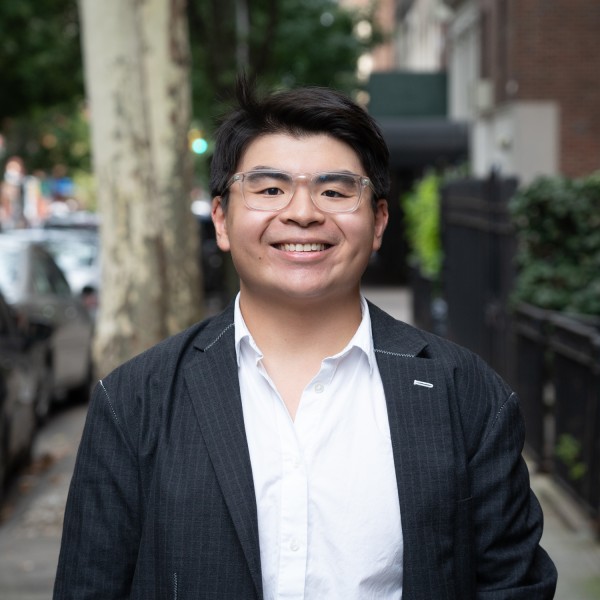As the semester rapidly comes to a close, with final exams and 15-page papers weighing us down, the prospect of summer has never tasted so sweet. Whether it is cycling through the park on a sunny day or stretching your legs out at the beach, memories of the coming season bring a comforting warmth. Yet, with college campuses and cities worldwide combusting into impassioned protest, the warmer weather feels less like a languid haze and more like a tense boiling point. In this sweltering heat, how can we dream of bliss? Though originally released 60 years ago, Soviet filmmaker Mikhail Kalatozov’s sweeping 1964 epic “Soy Cuba” intensely captures these same feelings of anxiety, desperation and fervor.
A Soviet-Cuban co-production that was virtually unseen by Western audiences until the late ’90s, “Soy Cuba” presents life in a Cuba before Fidel Castro through four chapters — each highlighting a diverse ensemble of characters. Under the regime of Fulgencio Batista, American capital abundantly flows through every corner of the island, filling cities with lavish casinos, debaucherous nightclubs and drunken U.S. military personnel. While the elite thrive on a culture of endless consumption, Cubans from all walks of life — like the sex worker Maria (Luz María Collazo) and farmer Pedro (José Gallardo) — suffer under a system of brutal exploitation. As the people are finally pushed to their limits, and with political crises looming ahead, student activists like Enrique (Raúl García) mobilize the masses to demand change from the dictatorship.
While “Soy Cuba” has a poetic screenplay and is filled with moving performances, the film’s greatest strength is undoubtedly its innovative cinematography. When watching “Soy Cuba,” viewers are completely swept up in the tide of the film’s spectacle. In a time before the widespread commercialization of computer-generated effects, Kalatozov and his multinational crew were able to construct mesmerizing sequences where the camera seamlessly glides through rooftops, factories and bustling streets, pulling viewers into a jarring world of hedonism and disarray. In some instances, the camera pulls in close, revealing every bead of sweat trickling down characters’ foreheads; through every pained facial expression, the film captures individual anguish. However, the film really shines in its grander shots, capturing vast crop fields set ablaze under the Caribbean sun and a mob of students marching on the University of Havana. To us, this may seem like a distant and foreign reality, yet Kalatozov’s framing of the country’s anti-imperialist struggle is not merely a history lesson but a universal and atemporal call to action.
At its core, “Soy Cuba” is a propaganda film — one that was funded by the former Soviet republic and Castro’s revolutionary government. No matter what your political beliefs are, it is undeniable that this is an innately humanist work. Despite how bleak and tragic each of the film’s arcs are, the story is not meant to be a nihilistic portrait of the world. For Kalatozov, images of suffering can not simply be objects of empty pity, rather it must be an instigating force. In the blistering heat of the summer, whether it be in ’50s Havana or the streets of New York City today, the collective spirit of dissent is in full bloom and the will to organize spreads like wildfire.
Contact Mick Gaw at [email protected].
























































































































































